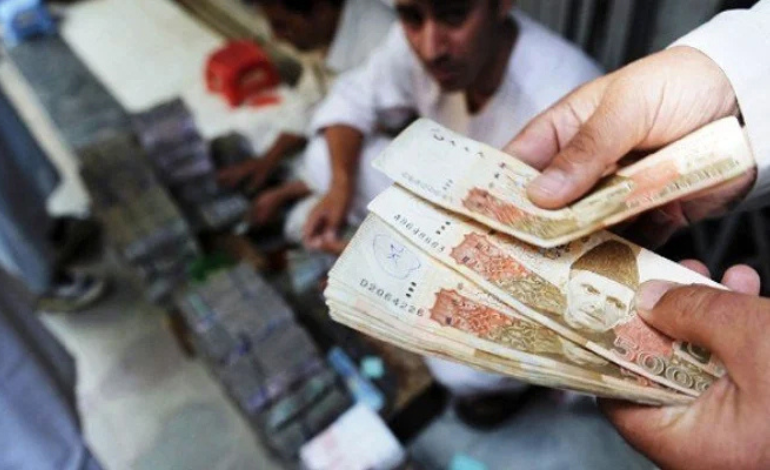
Pakistan's economy is in ruins as a result of rising default on borrowing, which come as a result of numerous issues including floods, currency depreciation, and the country's credit default swap risk.
According to Financial Post, the country's risk of default, as determined by the 5-year credit default swap (CDS), has reached 52.8%, a 13-year high, showing that foreign investors are losing faith in Islamabad's capacity to honour its repayment obligations.
Pakistan must shift its attention from political quarrels to economic changes because the Pak economy is still not improving despite the IMF's revival programme and the disbursement of USD 1.27 billion tranches.
According to Financial Post, it may be the result of the Pakistan government's long history of profigacy and poor priorities, which eventually gave rise to ingrained structural distortions.
The Pak leaders are currently involved in an endless political war, which leaves little room for economic reforms, according to the Financial Post, rather than tackling these difficulties.
Foreign investors are being alerted by Islamabad's rapidly declining CDS that the country is dangerously close to default. Islamabad is still putting its hopes on aid from Saudi Arabia and China, which has just dried up, rather than implementing SOS measures for economic revival.
The low level of foreign exchange reserves and weak revenue as a result of weak economic activity show that the state exchequer is empty. Given the extremely high CDS, it is unclear if Islamabad will be able to pay off its maturing debt in the near future, according to Financial Post.
Foreign investors are in a panic as a result of the USD 9 billion decline in forex reserves over the past 10 months. The following major payment due is a USD 1 billion 5-year Sukuk bond that matures on December 5.
From USD 20 billion in August 2021, which was enough for three months' worth of imports, forex reserves have now fallen to a critically low level of USD 7.6 billion, which only covers 1.1 months' worth of imports. This increases the risk of a potential default.
Before the Covid-19 pandemic, the yield on the 5-year Third Pakistan International Sukuk was less than 10%; it reached a new high of roughly 145%. In the meantime, the yield on bonds due in 2024 and 2025 increased to 90% and 57.5%, respectively, signalling problems with the nation's financial management.
These worrisome developments will increase the cost of additional borrowing for Pakistan to pay off its previous debts. According to Financial Post, this suggests that a debt trap is taking shape.
The devastating floods have intensified the global financial crisis, which was already experiencing a slowdown in the economy as a result of the government's efforts to cool the overheated economy.
Additionally, since credit rating agencies had already cut Islamabad's credit ratings, its efforts to remove itself off the Paris-based FATF's "grey list" had little to no effect on foreign investors.
Pakistan's long-term foreign currency issuer default rating (IDR) was recently reduced by Fitch Ratings to "CCC+" from "B"-, at the same time as the ADB approved financing for USD 1.5 billion and the FATF upgraded from the "grey list."
The downgrading also takes into account elevated risks of measures that could undermine Pakistan's IMF programme, which is a major source of concern for lenders.
Financial Post previously reported that a report from the Finance Ministry indicated that the country's dependence on short-term foreign loans increased last year, as did the government's exposure to risks associated with refinancing and currency depreciation.